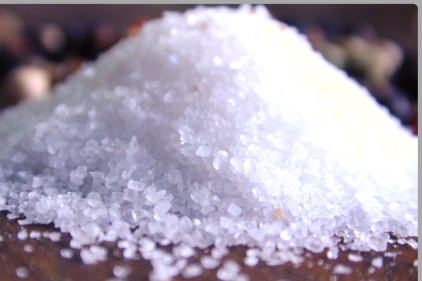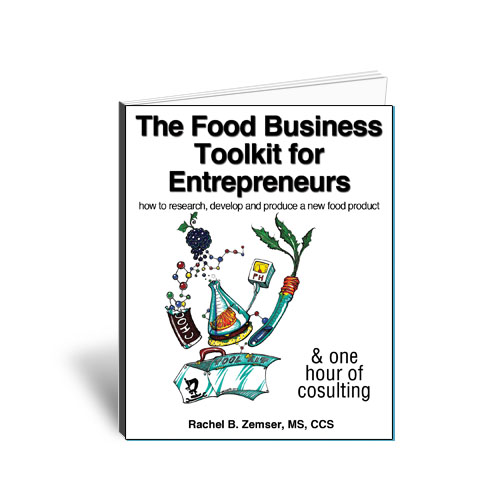Boston Market Sacking Sodium

At the same time, the chain will unveil plans to reduce sodium levels in its three signature items -- rotisserie chicken, macaroni and cheese and mashed potatoes — by 20% in the next six months. Signs at tables -- where salt shakers used to be -- will explain the sodium-reducing effort and note that some shakers are still available at beverage stations.
Pushed by consumers and health advocacy groups, the move by Boston Market comes at a time many big restaurant chains and major food makers -- from Burger King to Disney -- have recently announced plans to reduce sodium.
If Americans cut their intake of sodium by about 50%, that would save up to 100,000 lives per year, says Michael Jacobson, executive director at Center for Science in the Public Interest. He applauds Boston Market's move. "I haven't heard of any other restaurant doing that. That said, many of Boston Market's offerings are loaded with sodium."
A large meatloaf order at Boston Market has 1,640 milligrams of salt. "That is outrageously high," says Jacobson, "but it gives them a great opportunity to improve."
Some sodium reductions on tap:
• Rotisserie chicken (quarter white) goes from 710 to 568mg.
• Macaroni and cheese goes from 1,100 to 880mg.
• Mashed potatoes go from 820 to 607mg.
Boston Market sells 48 million servings of rotisserie chicken, 24 million servings of mashed potatoes, and 21.6 million servings of macaroni and cheese each year.
CEO George Michel says Boston Market will reduce sodium levels by 15% menu-wide by the end of 2014. "It's time for us to focus on making our food better," he says.
It's already testing lower-sodium salads and sandwiches, he says. A new sandwich bread being tested has 50% less sodium.
Some consumers have asked the chain to lower its sodium, Michel says, and the banishing of salt shakers is mostly a bid to "raise awareness of salt intake."
To boost flavors in foods with less salt, Boston Market is adding garlic and herbs, Michel says.
Even then, notes chief brand officer Sara Bittorf, taste is king, so Boston Market is not about to become a "better-for-you" food specialist.
"We don't want it to be misconstrued that Boston Market is becoming a 'healthy' fast-casual chain," she says. "We're never going to have the healthiest mac and cheese on the block."
Looking for a reprint of this article?
From high-res PDFs to custom plaques, order your copy today!




